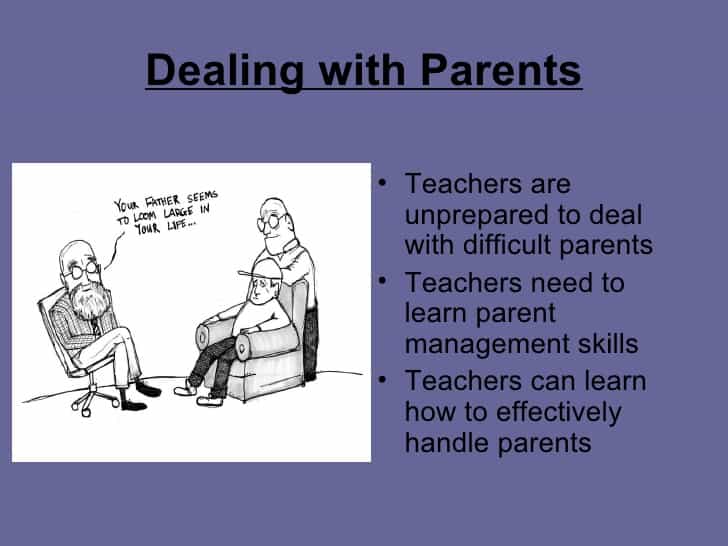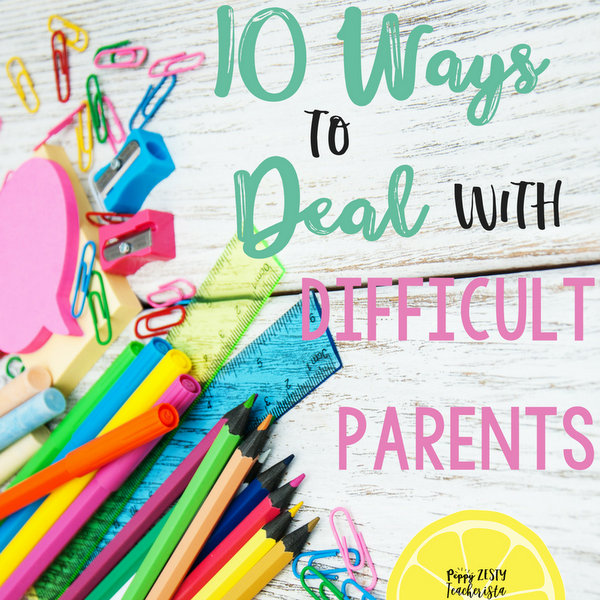Fine Beautiful Tips About How To Deal With A Difficult Parent

Always find something positive to say.
How to deal with a difficult parent. Our parents birthed us, bathed us, changed our diapers, helped us with countless. Try to put yourself in your parents’ shoes and understand their point of view. Empathy allows you to see beyond their difficult behaviors and recognize their own.
14 tips for dealing with difficult parents. Put things in perspective learn to see your difficult parent as just human. One of the best ways to calm a difficult parent is to mention something positive about their child.
It covers a variety of topics, including what may be triggering problem behavior, how to. Here are some important tips, tricks and strategies that might help teachers to deal with difficult parents. How to deal with difficult parents remember how much they did for you.
Set the right expectations from day one. Make a connection early. Set clear boundaries early on during your initial parent meeting, make it clear what your role is as a coach and what you expect from parents.
Learn to see their emotional immaturity as a type of disability. Take control of the first impression. Take time in the first month or so to establish a relationship with each parent.
If you have a difficult child, give yourself permission to feel sad and frustrated that you have a child who is often extremely challenging to parent. By analysing the effects of the brain maturing during adolescence, neuroscientist dean burnett shows that the most common behavioural and emotional problems in the.
But what if your parents become more and more difficult, or seem. When you create boundaries, set realistic expectations, and protect yourself, it’s usually possible to keep your difficult parents in your life—even if they aren’t always. Use the common interest of both parties (keeping the student at the.
When dealing with a parent that challenges you, maintain your composure. This guide offers parents a comprehensive look at problem behavior. Rasmussen university is accredited by the higher learning commission, an institutional accreditation agency recognized by the u.s.
Mourn the challenge. A manipulative parent might say, “you’re. Support groups help you connect with others who have similar experiences, helping you.
Keep your cool. And it can give you strategies for dealing with tough situations and friction in the rest of your life.” This can be a positive note or phone call, which will make.


















